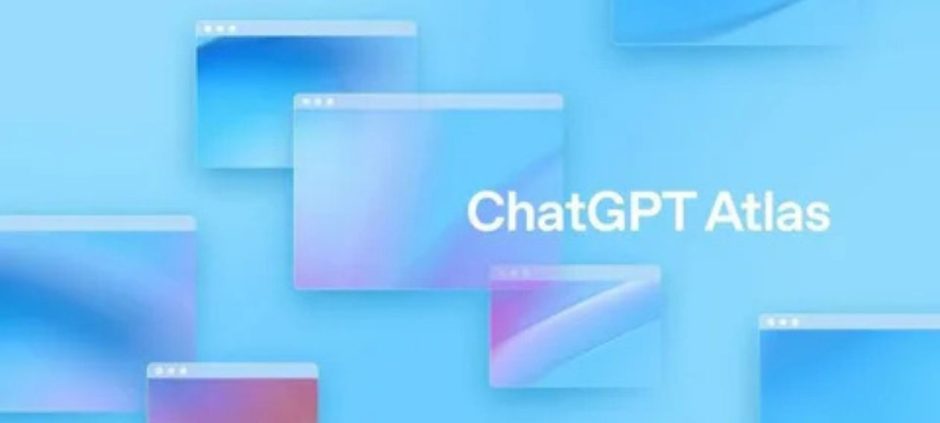OpenAI has entered yet another major battlefield, this time with Google in its sights. The company has launched Atlas, an AI-powered browser that merges conversation, intelligence, and live web access to transform how users explore information online.
The new OpenAI browser brings the best of ChatGPT into an everyday browsing experience. Instead of typing queries and scrolling through endless links, users can ask questions and receive detailed, conversational responses instantly. Atlas combines traditional search with contextual understanding, transforming browsing into an interactive discussion rather than a static search for information.
Tech analysts believe this move could signal the beginning of a new era in online search, one where algorithms no longer just fetch results but actually explain them. Atlas can summarize web pages, analyze lengthy documents, and compare information from multiple sources, all in real time. For professionals, students, and everyday users alike, this could mean faster, smarter, and more personalized access to knowledge.
The AI browser is also said to support real-time browsing with enhanced privacy tools and direct citations, making it both functional and transparent. Insiders suggest a beta rollout could begin before the end of 2025, with Atlas eventually available across desktop and mobile platforms.
Interestingly, this launch follows another bold move from OpenAI, its recent decision to allow adult content on ChatGPT. That policy change hinted at a broader push toward openness and creative freedom within its ecosystem. The shift sparked discussions across digital communities, where the company’s evolving approach to content boundaries has been widely analyzed.
With OpenAI Atlas, the competition between AI-driven tools and traditional search engines has intensified. While Google’s dominance remains unchallenged for now, Atlas could redefine how we search, read, and interact with information, making the web feel a little more human.











